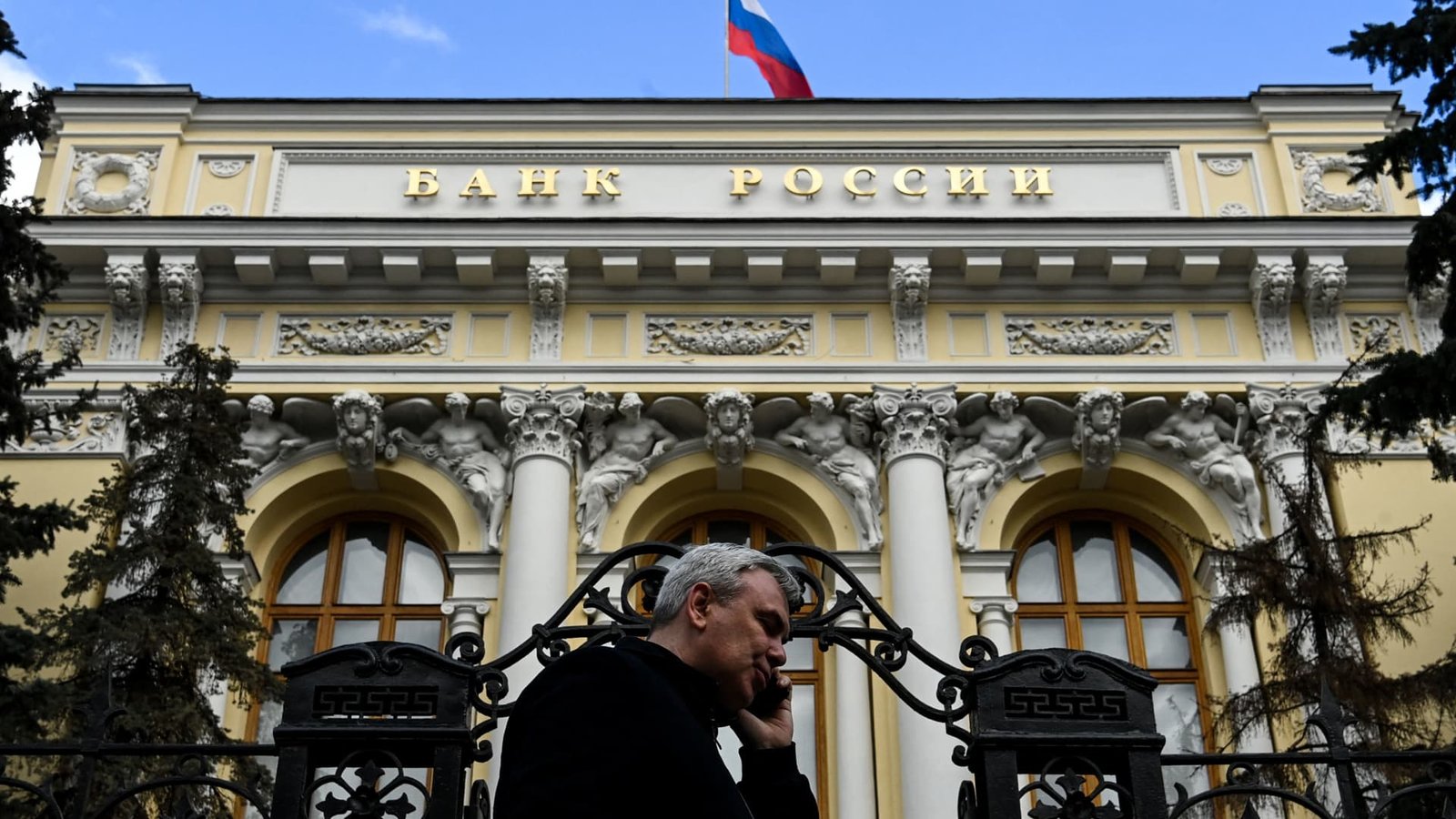Russia’s central bank surprised markets on Friday by keeping its key interest rates steady at 21%, attributing the decision to improved monetary tightness that has helped rein in high inflation. The bank stated that monetary conditions had tightened more than expected since the October rate decision, due to factors beyond its control.
The bank highlighted that the significant rise in interest rates for borrowers and the slowdown in credit activity had created the necessary conditions for resuming disinflation processes and bringing inflation back to target levels. Despite current high price growth and strong domestic demand, the bank believed that the achieved tightness in monetary conditions would support this goal.
Expectations were widespread that the central bank would raise interest rates by 200 basis points on Friday, following a similar move in October aimed at curbing inflation driven by military expenses related to the conflict in Ukraine and Western sanctions. The bank announced that it would evaluate the need for a rate hike at its next meeting in February, with a forecast of annual inflation decreasing to 4% in 2026 and remaining at that level in the foreseeable future.
As of December 16, Russia’s consumer price index stood at 9.5%, well above the bank’s target. Inflationary pressures persisted, particularly in households and businesses, with the consumer price index rising to 8.9% in November and 8.5% in October, driven mainly by surging food prices, including milk and dairy products.
Despite acknowledging concerns about inflation and signs of economic overheating during a recent Q&A session, Russian President Vladimir Putin expressed confidence in achieving economic growth of 3.9%-4% this year. The International Monetary Fund projected a growth rate of 3.6% for Russia in 2022, slowing to 1.3% in 2025 due to reduced tightness in the labor market and slower wage growth.
The IMF noted that the Russian economy was nearing capacity constraints, leading to overheating, and emphasized the importance of the central bank’s tight monetary policy in curbing inflation and managing economic growth. The policy was expected to slow aggregate demand and have effects on GDP in 2025, contributing to the projected economic slowdown.




